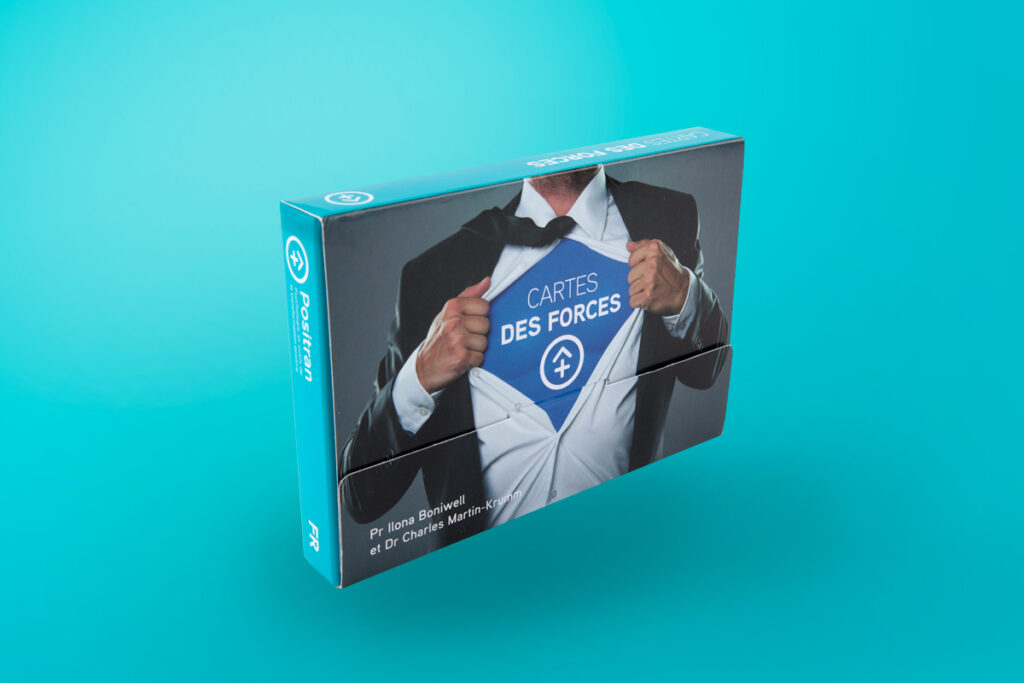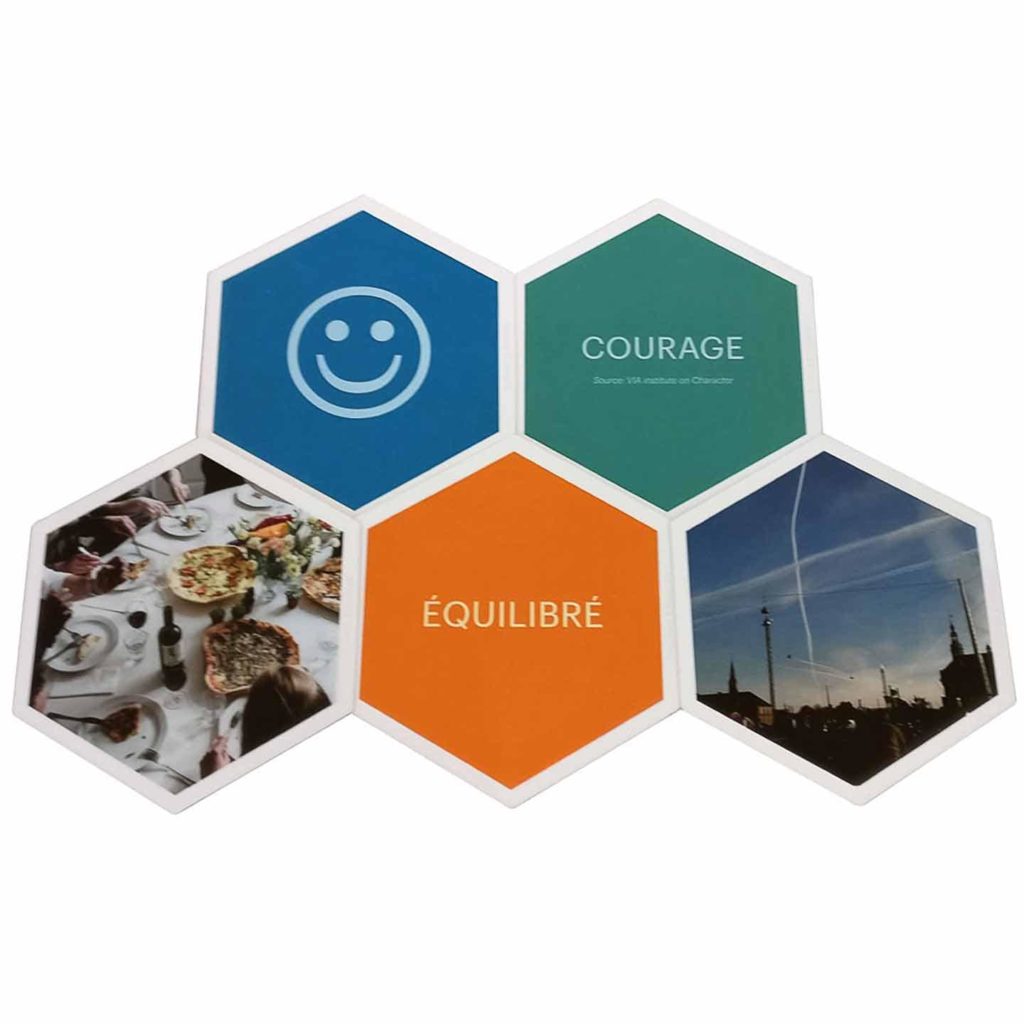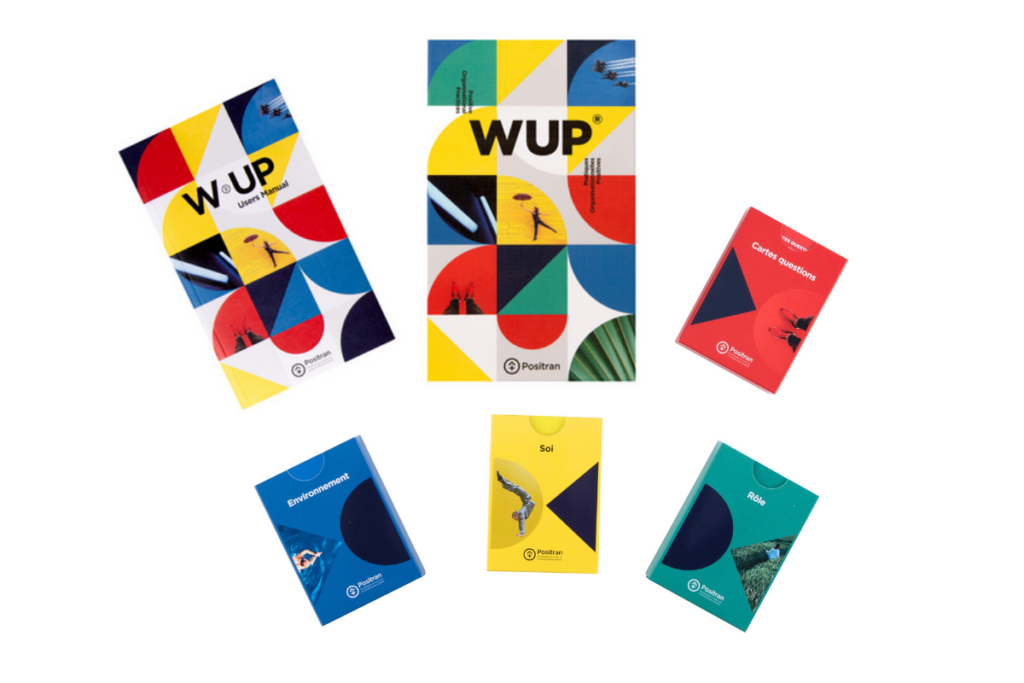
Training - Managing with coach's tools
Develop Autonomy to Unleash Performance and Innovation.
Move from the manager who provides the answers to the leader who asks the right questions to unleash the full potential, proactivity and innovative capacity of your teams.

Educational Objectives
Diagnose situations where the coach's position is more relevant than that of a directive manager.
Apply a structured coaching conversation (GROW model) to bring out solutions among your colleagues.
Adopt a posture of powerful questioning and active listening to develop autonomy and accountability.
Added values
For the participant:
Move away from micromanagement and the "firefighter" role to focus on higher-value tasks. Master a leadership skill that is differentiating and highly valued for your career. Develop richer, more authentic working relationships based on trust and partnership.
For the company:
Creating more autonomous, agile, and responsible teams capable of taking initiatives. Accelerating problem-solving and stimulating innovation at all levels. Better retention of talent who feel developed, empowered, and listened to.
Issues addressed
The manager is a bottleneck: all decisions and solutions must go through him.
Teams lack initiative, are passive, or wait for clear instructions.
Difficulty developing employees' skills and autonomy over the long term.
Employees do not "own" their projects; the manager must constantly follow up.
Willingness to create a culture of continuous improvement and innovation.
Access conditions
Integrated training approach:
The training is based on an interactive and engaging teaching method, alternating theoretical contributions, individual and group exercises, simulations, role plays, and facilitated discussions centered on experience and sharing.
Experiential Methodology:
- Self-diagnosis for personal awareness.
- Workshops in subgroups promoting the exchange of ideas.
- Concrete case studies to link theory to practice.
- Role-playing games to simulate real-life situations.
- Scientifically validated tools.
Optional (extra charge):
Possibility of follow-up modules or post-training coaching for individualized support.
Our training courses are accessible to people with disabilities.
A disability advisor is available to help you study the specific adjustments required.
Registration via a quote request or by email.
Access time according to the training programming schedule, subject to availability.
Registration is validated upon receipt of the signed agreement.
Contact: formations@positran.fr
Assessment methods
Assessment of acquired knowledge:
- Each activity aims to apply the concepts covered during the training.
- Questions/answers at the end of each teaching sequence
- Formative assessment through observation and feedback from the trainer and peers during workshops.
- Summative assessment through a concrete case study.
Satisfaction Questionnaire:
Hot off the press, to gather participants' immediate impressions.
Training Certificate:
- Certificate of completion of training mentioning the skills targeted.
- Certificate of completion.
3-month survey:
Measure impact with the percentage of participants who implemented key concepts.
Diagnose situations where the coach's position is more relevant than that of a directive manager.
Apply a structured coaching conversation (GROW model) to bring out solutions among your colleagues.
Adopt a posture of powerful questioning and active listening to develop autonomy and accountability.
For the participant:
Move away from micromanagement and the "firefighter" role to focus on higher-value tasks. Master a leadership skill that is differentiating and highly valued for your career. Develop richer, more authentic working relationships based on trust and partnership.
For the company:
Creating more autonomous, agile, and responsible teams capable of taking initiatives. Accelerating problem-solving and stimulating innovation at all levels. Better retention of talent who feel developed, empowered, and listened to.
The manager is a bottleneck: all decisions and solutions must go through him.
Teams lack initiative, are passive, or wait for clear instructions.
Difficulty developing employees' skills and autonomy over the long term.
Employees do not "own" their projects; the manager must constantly follow up.
Willingness to create a culture of continuous improvement and innovation.
Integrated training approach:
The training is based on an interactive and engaging teaching method, alternating theoretical contributions, individual and group exercises, simulations, role plays, and facilitated discussions centered on experience and sharing.
Experiential Methodology:
- Self-diagnosis for personal awareness.
- Workshops in subgroups promoting the exchange of ideas.
- Concrete case studies to link theory to practice.
- Role-playing games to simulate real-life situations.
- Scientifically validated tools.
Optional (extra charge):
Possibility of follow-up modules or post-training coaching for individualized support.
Our training courses are accessible to people with disabilities.
A disability advisor is available to help you study the specific adjustments required.
Registration via a quote request or by email.
Access time according to the training programming schedule, subject to availability.
Registration is validated upon receipt of the signed agreement.
Contact: formations@positran.fr
Assessment of acquired knowledge:
- Each activity aims to apply the concepts covered during the training.
- Questions/answers at the end of each teaching sequence
- Formative assessment through observation and feedback from the trainer and peers during workshops.
- Summative assessment through a concrete case study.
Satisfaction Questionnaire:
Hot off the press, to gather participants' immediate impressions.
Training Certificate:
- Certificate of completion of training mentioning the skills targeted.
- Certificate of completion.
3-month survey:
Measure impact with the percentage of participants who implemented key concepts.












